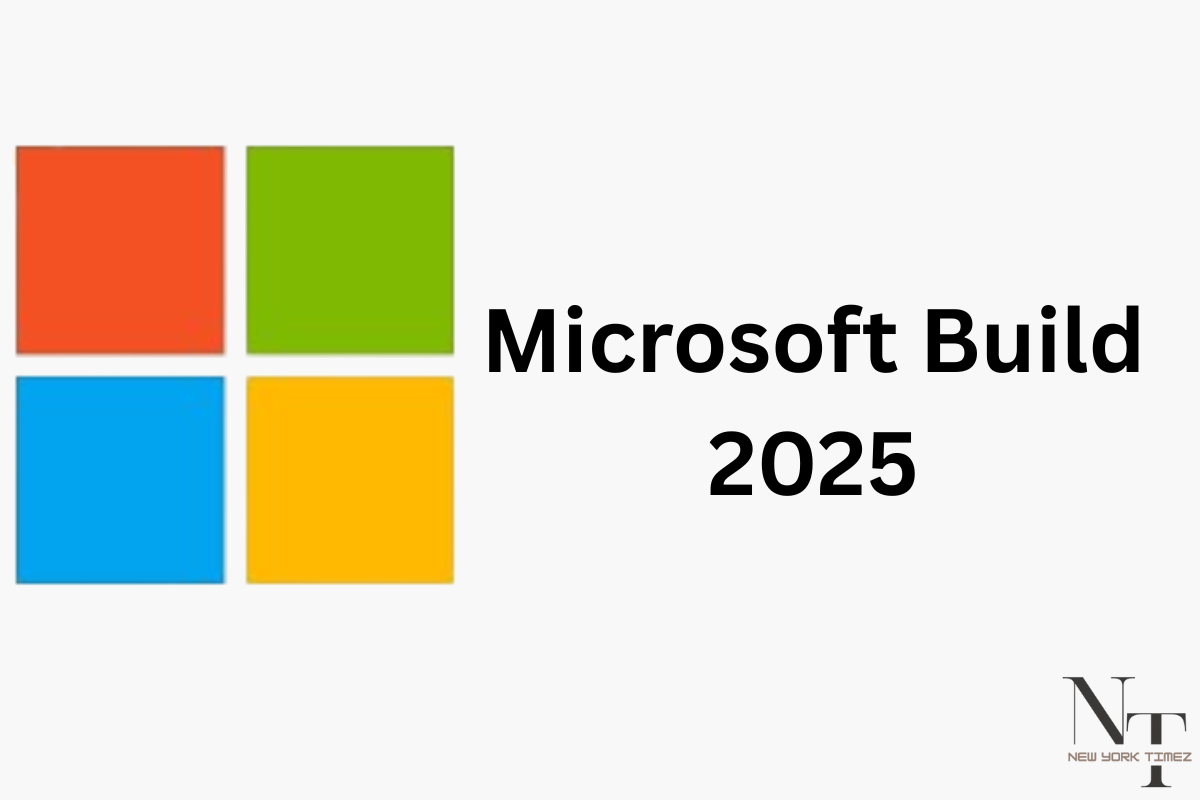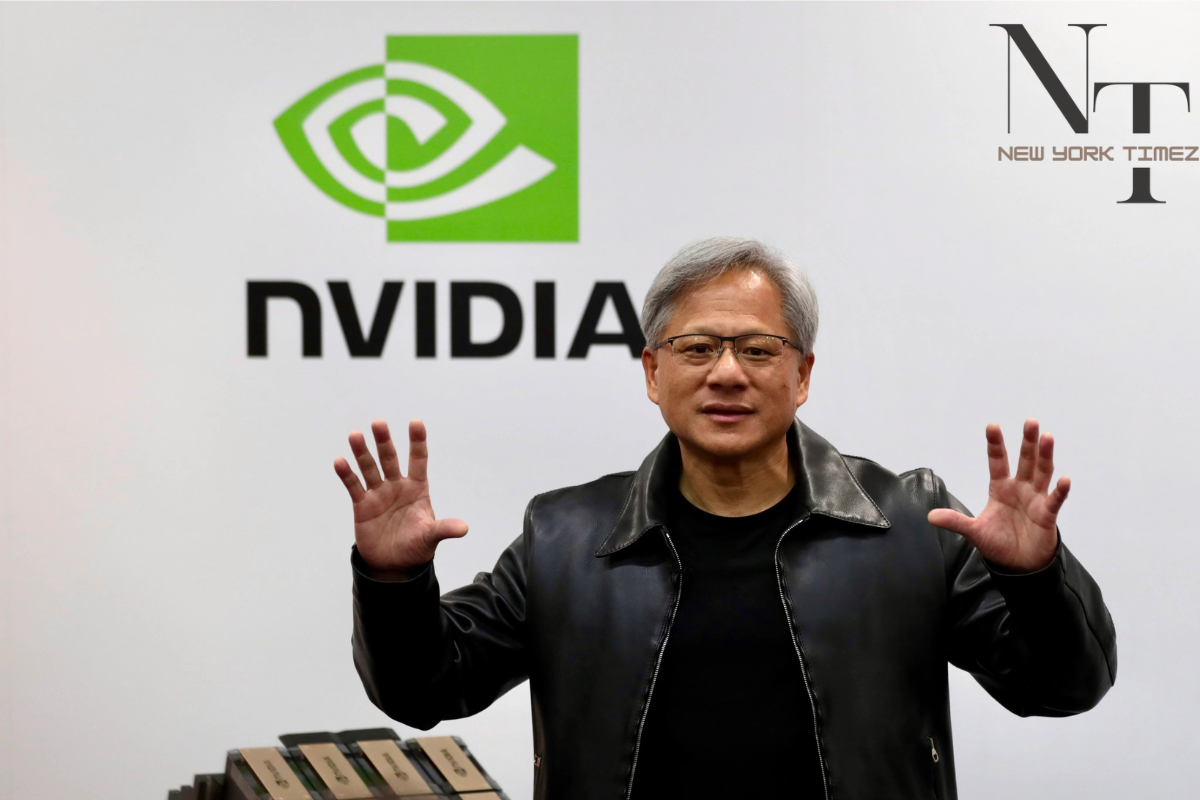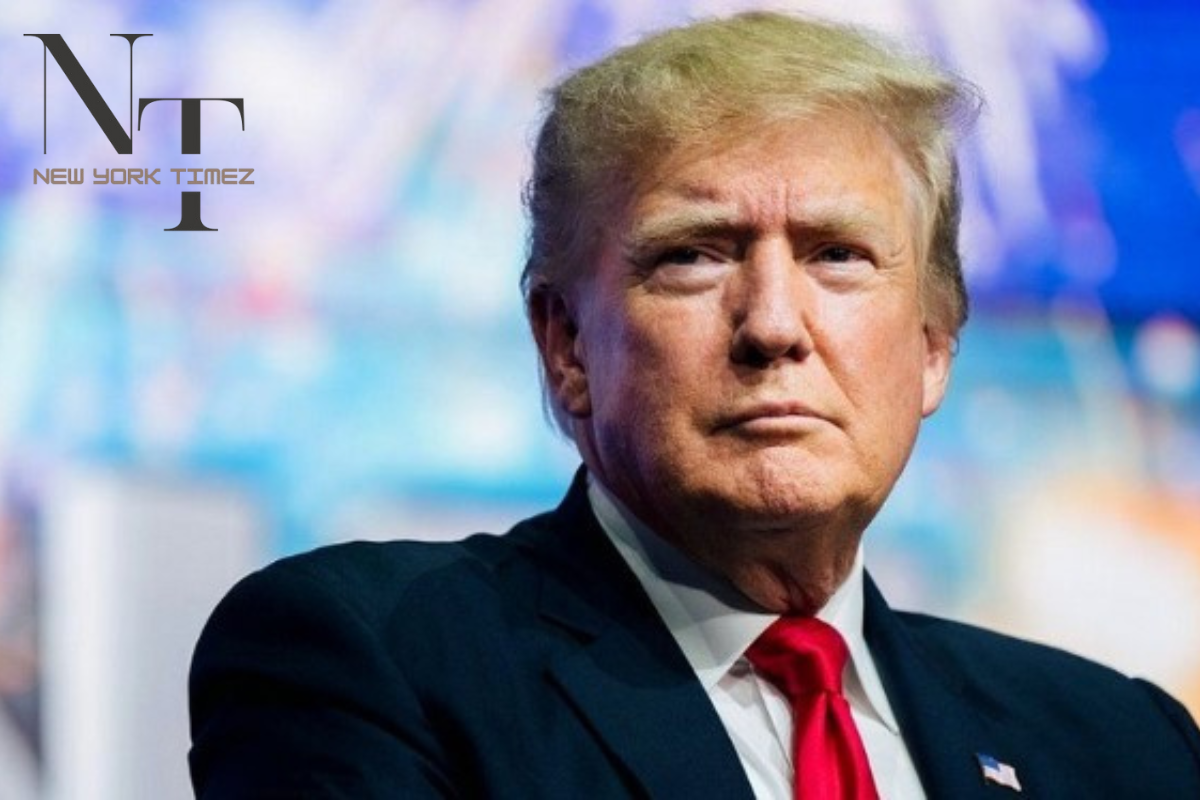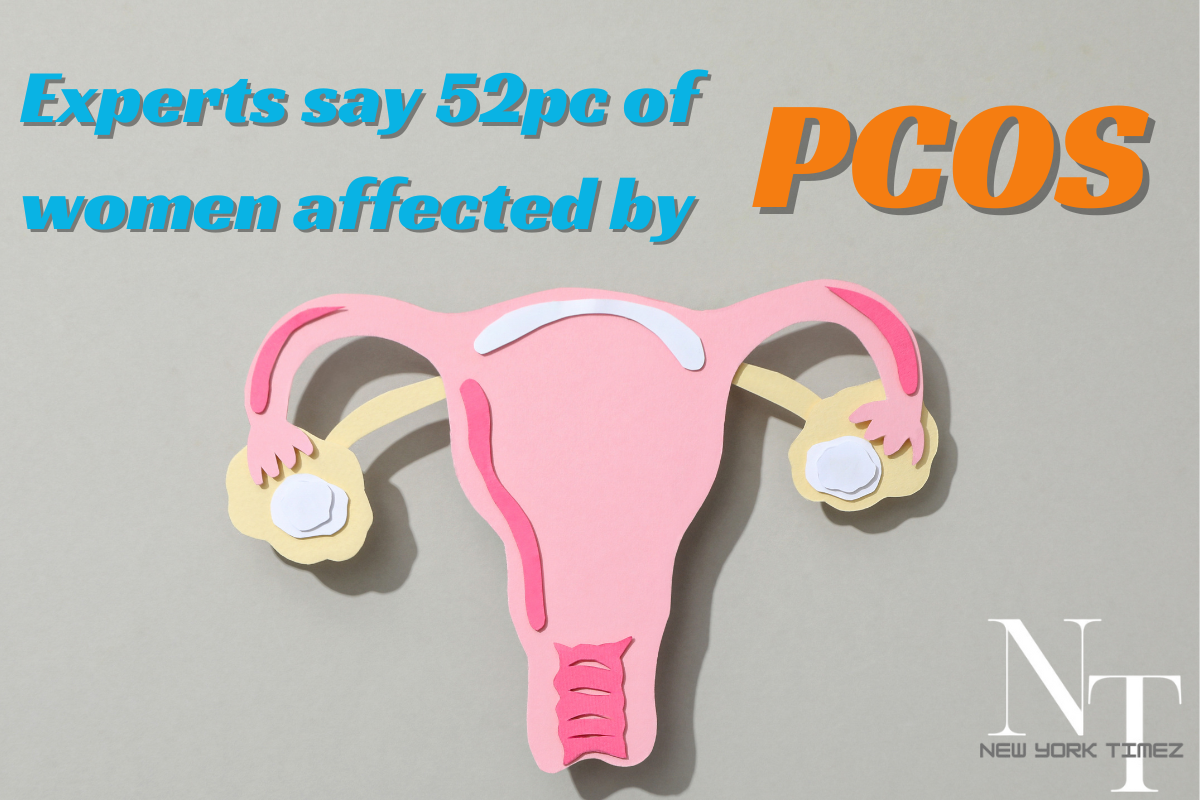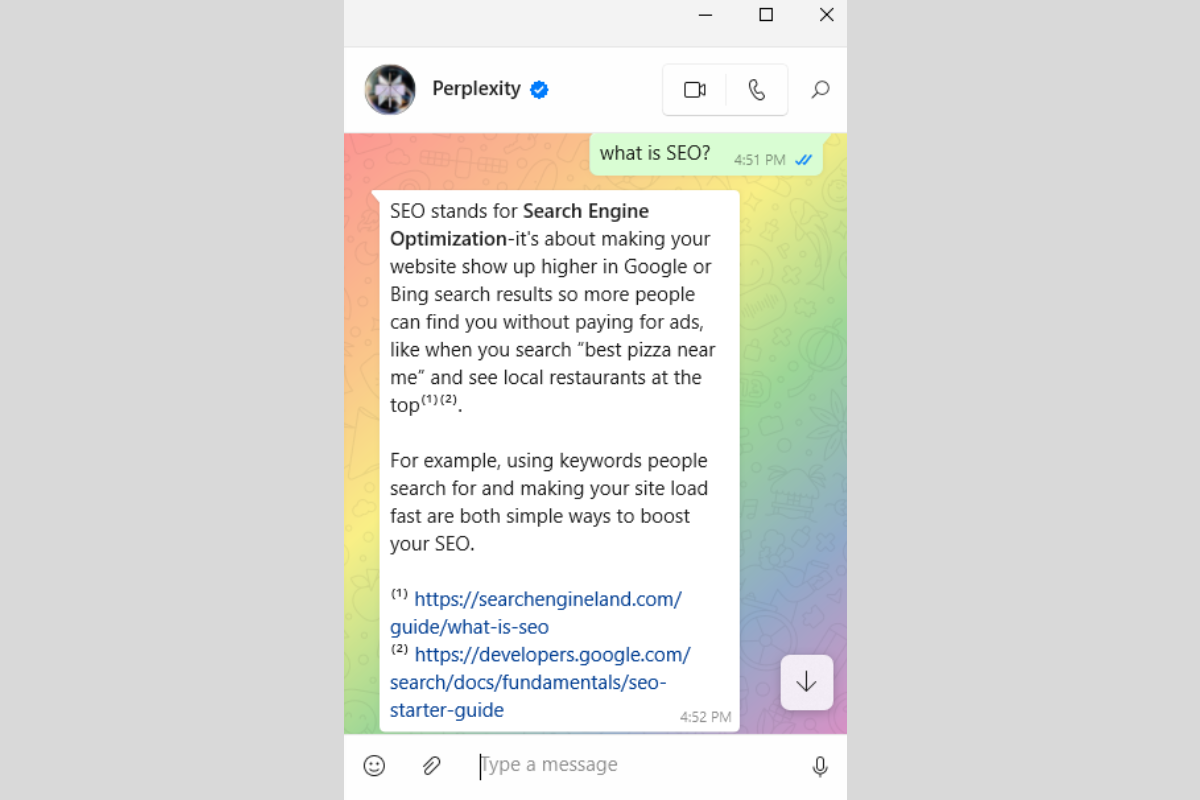
WhatsApp Reaches 3 Billion Monthly Users: A New Milestone for Meta
WhatsApp Crosses 3 Billion Monthly Users
WhatsApp has officially surpassed 3 billion monthly active users, Meta CEO Mark Zuckerberg announced during the company’s first-quarter earnings call on Wednesday. This achievement makes WhatsApp one of the few apps in the world to reach this incredible milestone, alongside Facebook.
The messaging app, which was launched in 2009, became part of the Meta family when Facebook bought it for $19 billion in 2014. Despite being part of a giant tech company, WhatsApp has stayed free to use and does not display any ads to its users. The app had already hit 2 billion users back in 2020, but adding another billion in just four years shows how quickly it continues to grow.
With over 3 billion users, WhatsApp is not only a messaging tool—it’s a powerful platform that connects billions of people around the world. This large audience makes it a key part of Meta’s overall business, especially as the company shifts its focus toward artificial intelligence (AI).
WhatsApp’s Role in Meta’s AI Strategy
Meta has been heavily investing in AI development, and WhatsApp plays an important role in this strategy. According to Meta’s Chief Financial Officer, Susan Li, WhatsApp is currently the platform where users interact with Meta’s AI services the most.
“We see people engage with Meta AI from several different entry points. WhatsApp continues to see the strongest Meta AI usage across our family of apps,” Li said during the conference call.
She also pointed out that many WhatsApp users interact with Meta AI in private one-on-one chats, showing that people are comfortable using AI features within their personal conversations.
This widespread use of AI on WhatsApp highlights the app’s potential not just as a messaging service, but as a channel for delivering AI-powered tools and solutions directly to billions of people.
Challenges in the U.S. Messaging Market
While WhatsApp enjoys massive popularity in many parts of the world, it still faces challenges in markets like the United States. Zuckerberg explained that in the U.S., many people continue to use their phone’s default messaging apps, such as iMessage, to text friends and family.
This preference has made it harder for WhatsApp to gain the same level of dominance in the U.S. as it has in regions like Latin America, Europe, and Asia. To address this, Meta has introduced a separate Meta AI app designed to encourage U.S. users to adopt its AI-powered services.
“We hope to become the leader over time [in the U.S. messaging market], but we’re in a different position there than we are in most of the rest of the world on WhatsApp,” Zuckerberg said. “That’s why the Meta AI app as a standalone is going to be particularly important in the United States to establish leadership as the main personal AI that people use.”
This approach shows Meta’s determination to expand its AI influence globally, even in markets where WhatsApp isn’t the top messaging choice.
Trending News: Why OpenAI Rolled Back GPT-4o: The Problem of Sycophantic AI
WhatsApp Business: A Growing Revenue Source
Beyond personal messaging, WhatsApp is also becoming a powerful tool for businesses. Meta reported that its WhatsApp Business platform is growing rapidly and played a big role in the company’s $510 million revenue from its family of apps last quarter.
WhatsApp Business allows companies to communicate directly with their customers, send updates, handle customer service requests, and even process orders. With more businesses moving online, WhatsApp Business has become an essential platform for customer engagement.
Meta has been testing AI tools for WhatsApp Business to make it even more useful for companies. Susan Li shared that Meta is building a new AI agent management system and dashboard that will allow businesses to customize and train Meta’s AI to meet their needs.
This system will let businesses feed information from their website, WhatsApp profile, Instagram page, or Facebook page into the AI. As a result, the AI will be able to provide better, more accurate answers to customer questions.
Meta is also testing a feature that allows businesses to activate Meta’s AI chatbot directly in customer chats, making it easier to handle customer inquiries automatically.
Why This Milestone Matters?
Crossing 3 billion monthly users is not just a number—it shows WhatsApp’s strong hold as one of the world’s most-used apps. It also signals that Meta’s investment in messaging and AI platforms continues to pay off.
With WhatsApp’s growing user base, Meta has an enormous opportunity to:
Expand its AI services to more users globally
Grow WhatsApp Business and help companies reach customers easily
Introduce new features and tools that can enhance communication
Even as Meta works to build leadership in the U.S. market, WhatsApp’s success in other regions positions it as a valuable asset for the company’s long-term plans.
The Future of WhatsApp
Looking ahead, WhatsApp’s growth is likely to continue as more people worldwide rely on messaging apps for personal and professional communication. By adding AI tools and business features, Meta hopes to make WhatsApp even more useful—not just for chatting with friends, but for shopping, customer service, and accessing AI-powered tools.
With AI becoming a bigger part of our digital lives, WhatsApp may soon serve as an easy entry point for billions of people to interact with artificial intelligence in their daily routines. Whether it’s answering questions, solving problems, or managing tasks, Meta’s AI tools on WhatsApp could make these processes faster and more accessible.
Final Thoughts: WhatsApp Reaches 3 Billion Monthly Users
WhatsApp’s achievement of over 3 billion monthly users marks a major moment for both the app and Meta’s broader goals. As Meta pushes forward with its AI and business strategies, WhatsApp remains a core part of the company’s mission to connect people—and now, to connect them with AI-powered experiences.
By continuing to innovate and expand its services, WhatsApp is not just keeping up with the competition—it’s helping shape the future of messaging, customer service, and AI interaction worldwide.
